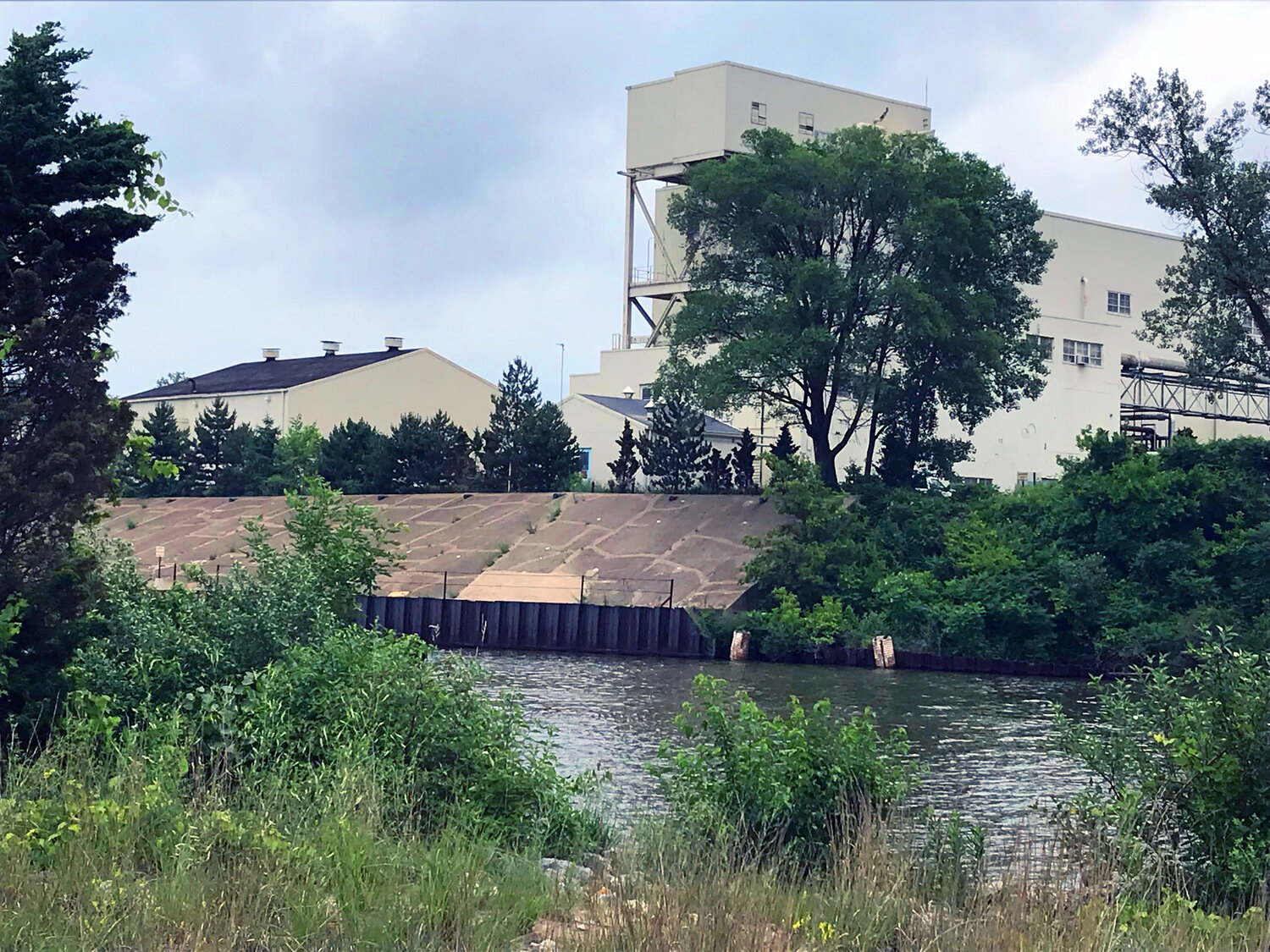
Attorneys for the Surfrider Foundation have asked a federal judge to reject the government's motion to approve a consent decree for U.S. Steel, because ongoing violations have revealed the proposal is "a fundamental failure" and a civil penalty is "inadequate" and "unfair."
Attorneys for Indiana and the U.S. government asked a U.S. District Court judge in November to approve a proposed consent decree, which included several changes in response to about 2,700 public comments.
U.S. Steel previously agreed to pay a $601,242 civil penalty and more than $625,000 in response costs and damages to government agencies for its April 2017 spill of hexavalent chromium, the toxic chemical featured in the movie “Erin Brockovich,” from its Midwest Facility in Portage.
The revised proposal now includes a three-year sampling program along Lake Michigan’s shoreline that U.S. Steel anticipates will cost it about $600,000. Other changes include more robust notification procedures than initially contemplated and clarification of language that says U.S. Steel must comply with such procedures, records state. U.S. Steel already has been operating under the terms of the proposed consent decree, so 2019 served as a test year — "a test year full of failures," attorneys for Surfrider Foundation wrote. The Portage plant has continued to report wastewater violations since the consent decree was lodged in spring 2018, most recently on the day the government moved for the proposal's approval.
The technical requirements of the proposed consent decree "were crafted with fundamental flaws" and failed to address the root causes of U.S. Steel's violations, Surfrider's court filing states.
"Rather than rubber stamp the governments' reliance on U.S. Steel's hollow claims of reform and narrow focus on specific pipes that broke in 2017, the court should require a decree that obligates U.S. Steel to implement the recommendations of an independent, third-party evaluation of both the root causes of past violations and the facility's current wastewater treatment infrastructure and practices, and the broader resource and operations issues that prevent the consistent compliance at this and other U.S. Steel facilities."
The foundation is asking a judge to refrain from approving any consent decree until U.S. Steel's shortcomings are fully addressed or set a hearing to discuss further litigation and allow members of the public to comment.
The government and U.S. Steel have until mid-January to respond.
The foundation says the $600,000 civil penalty U.S. Steel has agreed to pay fails to address the strength of the government's case against one of the world's largest steelmakers, doesn't adequately reflect the seriousness of the violations and will fail to deter future violations.
The violations to which U.S. Steel already has admitted in court filings carry a total maximum penalty of $5.37 million, records state.
Attorneys for the foundation disputed the government's position that U.S. Steel deserved a lower penalty because it made "good faith efforts" to comply and that the April 2017 spill was an isolated event.
The company failed to make necessary improvements to its facility to prevent repeated violations and sought "confidential" treatment from IDEM for an October 2017 spill, records state.
"To reward a violator for coming into compliance only after being caught red-handed is illogical," the filing states.
Changes the government made to the proposed settlement agreement fail to "address the need for meaningful public notification of violations by U.S. Steel." The proposed water sampling program is flawed but fixable, the foundation said.”
- Sarah Reese (Sarah.reese@nwi.com) Northwest Indiana Times
